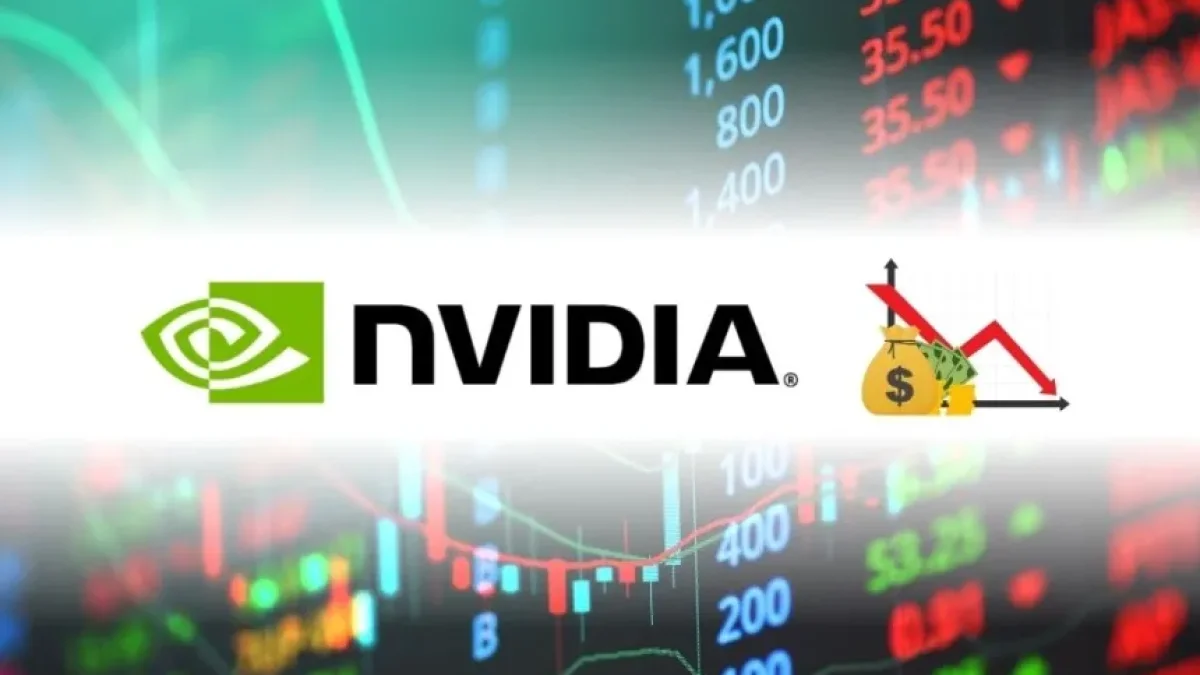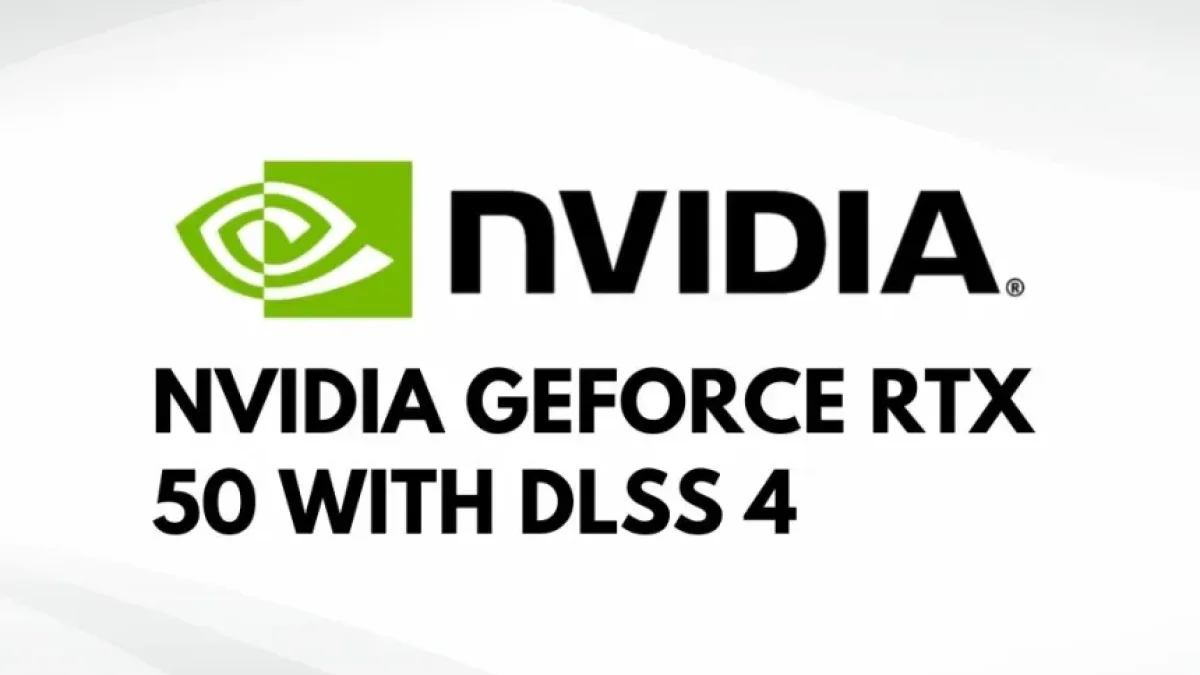Nvidia's Stock Falls Due to Chip Export Restrictions


Nvidia's stock, one of the leading companies in semiconductor production and artificial intelligence technology, has experienced a significant decline following the U.S. government's announcement of new restrictions on chip exports. These measures are aimed at limiting access to advanced technology used in artificial intelligence (AI) by certain countries.
Context of the Restrictions
U.S. authorities have expressed concern about how some governments might utilize these chips, especially regarding their application in AI systems capable of performing complex tasks. The restrictions aim to prevent critical technologies from falling into hands that could use them for purposes that threaten U.S. national security.
Impact on the Stock Market
As an immediate result of this policy, Nvidia's shares fell by more than 4%. This market reaction reflects investors' worries about the potential impact these restrictions might have on the company's future revenues. Nvidia, known for its advanced microprocessors and graphics processing units (GPUs), relies heavily on exports for its growth, particularly in the AI sector.
Industry Reactions
Within the tech industry, the news has generated various reactions. Some experts view these restrictions as a way to protect national technology, while others argue that it could hinder innovation and international collaboration in a rapidly advancing field. The uncertainty and trade tensions have led to the need for companies to adapt to a new regulatory environment.
Nvidia and Its Role in the AI Market
Nvidia has been a key player in the advancement of artificial intelligence. The company not only produces chips that power data centers, but has also developed software platforms that enhance AI across different applications. So far, the demand for its products has grown exponentially, especially in sectors like automotive and healthcare, where AI is transforming services and products.
Long-Term Consequences
The implementation of these restrictions could signal a significant shift in the landscape for Nvidia and other U.S. tech companies operating on a global scale. In the short term, stocks are expected to continue fluctuating as markets assess the magnitude of these measures and their impact on the industry's financial stability. In the long term, the situation could force companies to redesign their business strategies and supply chains.
Read also
Conclusions
The recent drop in Nvidia's stock highlights the delicate balance between technological innovation and national security concerns. As the tech industry faces new regulatory challenges, it will be crucial to observe how companies adapt to these changes and what implications these policies will have for the future growth of the sector.
If you want to stay updated on the latest news in the tech and business world, I invite you to continue reading more articles on my blog.



















